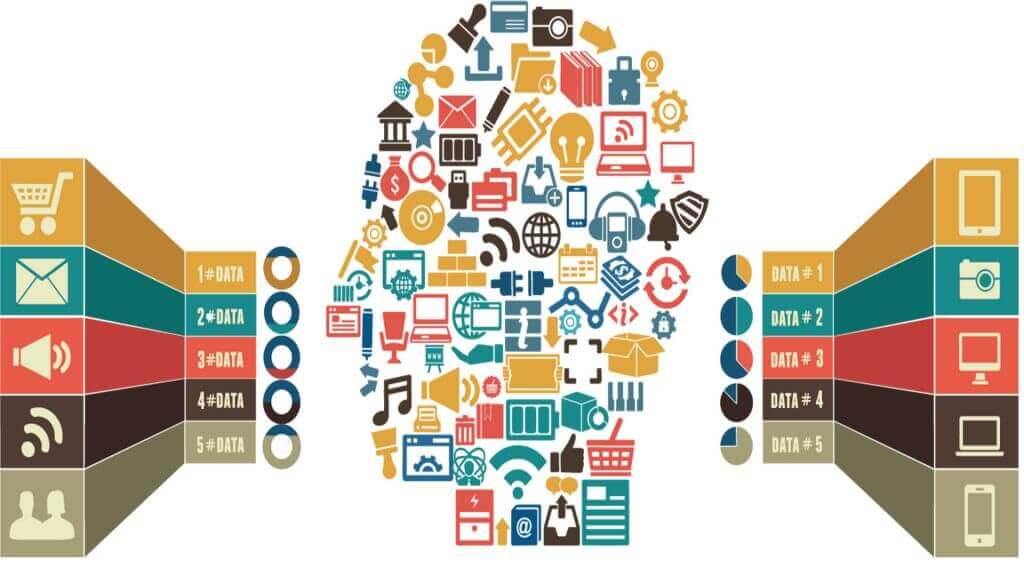
Let’s face it: Hotel ecommerce has a long way to go, and booking a room is not the most pleasant experience.
There are a hundred websites listing the same hotel, all at different prices based on different room types and cancellation policies and packaged offers. There are sites to comparison shop, sites to read reviews, sites to log in for discounts, sites with bait-and-switch offers, and in the end, the feeling is similar to buying a car: You’re never quite sure you got the best deal.
We could debate whether brands, independent hotels or online travel agencies offer the better booking experience, but the fact of the matter is none is innovating in the space as fast as consumers’ wants and needs are evolving.
Think of the Uber experience and how it has massively simplified and therefore revolutionized transportation, or of the Amazon experience and how it has transformed shopping habits. By comparison, hotel call centers still drive significant demand because calling is often a simpler experience than booking a hotel room online.
It’s not for lack of information. Consider all the digital touchpoints hotels have with their consumers, from the “dreaming” phase through the shopping phase, and then how much data guests are leaving behind them. This data is at the crux of understanding and anticipating guests’ wants and needs and providing them a more seamless experience.
Hotels can use this trove of guest data to form a more modern and tailored ecommerce strategy, starting with a more user-friendly and personalized booking experience. As a bonus, this data helps you make more profitable pricing decisions, and a better booking experience will help capture demand on your least expensive channels.
WHAT DATA SHOULD HOTELS USE?
The amount of data out there that can shape and improve your hotel Revenue Strategy continues to grow, but a few main buckets to focus on: historical data, demand signals (forecasting), transactional data and guest preferences.
It can be argued the OTA duopoly has access to more transactional data because Priceline and Expedia have a global look at multiple hotel brands, and they can therefore make more accurate decisions around what offers convert best.




